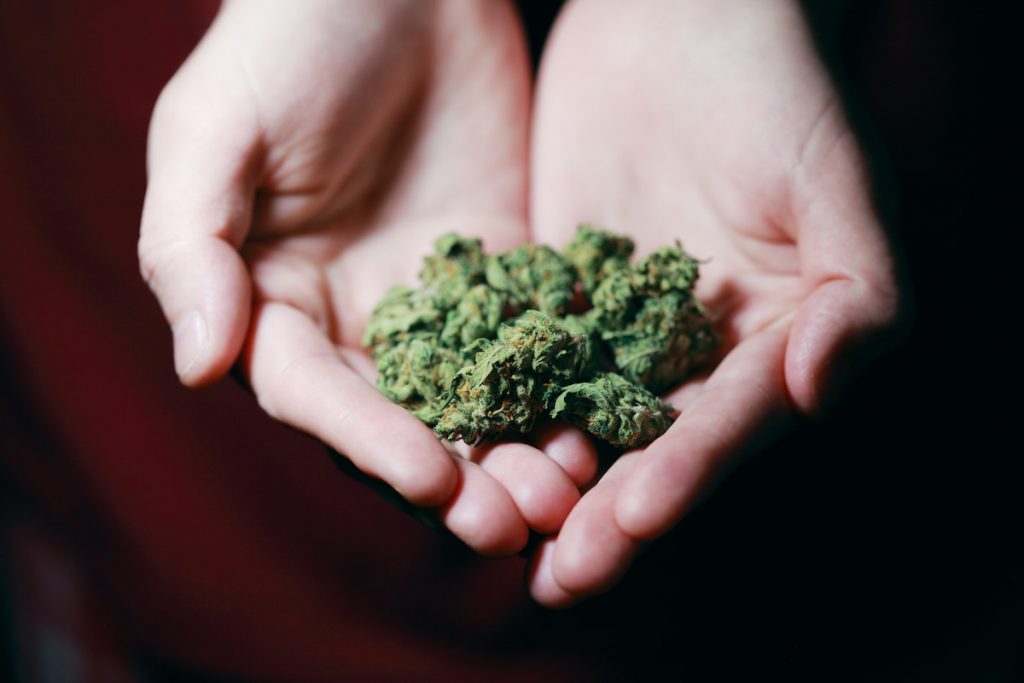Marijuana, also known as weed, pot, grass, bud, herb, ganja, and mary jane, among other slang terms, refers to the dried leaves, flowers, stems, and seeds of the Cannabis sativa plant. This plant contains delta-9-tetrahydrocannabinol (THC), a psychoactive chemical, and other related compounds. Marijuana can be smoked as a hand-rolled cigarette (joint), in a pipe or water pipe (bong), or even in a cigar emptied of tobacco and refilled with a marijuana and tobacco mixture (blunt). It can also be ingested through food or brewed as a tea. At Refuge Recovery Centers, we understand the complexities of marijuana addiction and offer a path to recovery, healing, and a brighter future.

The Effects of Marijuana Abuse
No matter how THC is ingested, it primarily affects brain cells’ cannabinoid receptors. These receptors are part of the endocannabinoid system, crucial for normal brain development and function. Marijuana overstimulates this system, causing users to experience:
- Altered perceptions and mood
- Impaired coordination
- Difficulty with thinking and problem-solving
- Disrupted learning and memory
- Decreased appetite
Health Risks
Marijuana use is associated with several health risks, particularly those related to the heart, lungs, and mental health. Frequent marijuana smokers may experience respiratory problems, including daily cough, chest illnesses, and an elevated risk of lung infections. It can also impair the immune system.
Additionally, marijuana use can lead to increased heart rate and blood pressure, with one study indicating a significant risk of heart attack within the first hour after use. The risk is more pronounced in older adults and those with heart vulnerabilities.
Mental health issues are common among marijuana users, with high doses occasionally inducing temporary psychotic reactions. It can worsen existing mental illnesses, particularly schizophrenia, and contribute to other problems like depression, anxiety, and personality disturbances. In adolescents, it may trigger suicidal thoughts.
Lastly, marijuana impairs judgment and motor coordination, increasing the risk of accidents, particularly when combined with alcohol.
Marijuana Addiction Symptoms
Addiction to marijuana is typically diagnosed during adolescence or young adulthood. However, as societal attitudes change and marijuana becomes more accessible, addiction rates among older adults may rise. Signs of marijuana addiction include behavioral changes such as distorted perceptions, impaired coordination, difficulty in thinking and problem-solving, and ongoing issues with learning and memory. Physical indicators include bloodshot eyes, persistent cough, rapid heartbeat, dry mouth, and anxiety.
Marijuana Addiction Treatment
Breaking free from marijuana addiction is achievable with the right treatment and support. Refuge Recovery Centers offers a range of evidence-based therapies, counseling, and medical interventions to help individuals regain control of their lives. Our compassionate team tailors treatment to individual needs, supporting a journey toward lasting recovery. Don’t let marijuana control your life any longer; reach out to us today and embrace a healthier, happier future.